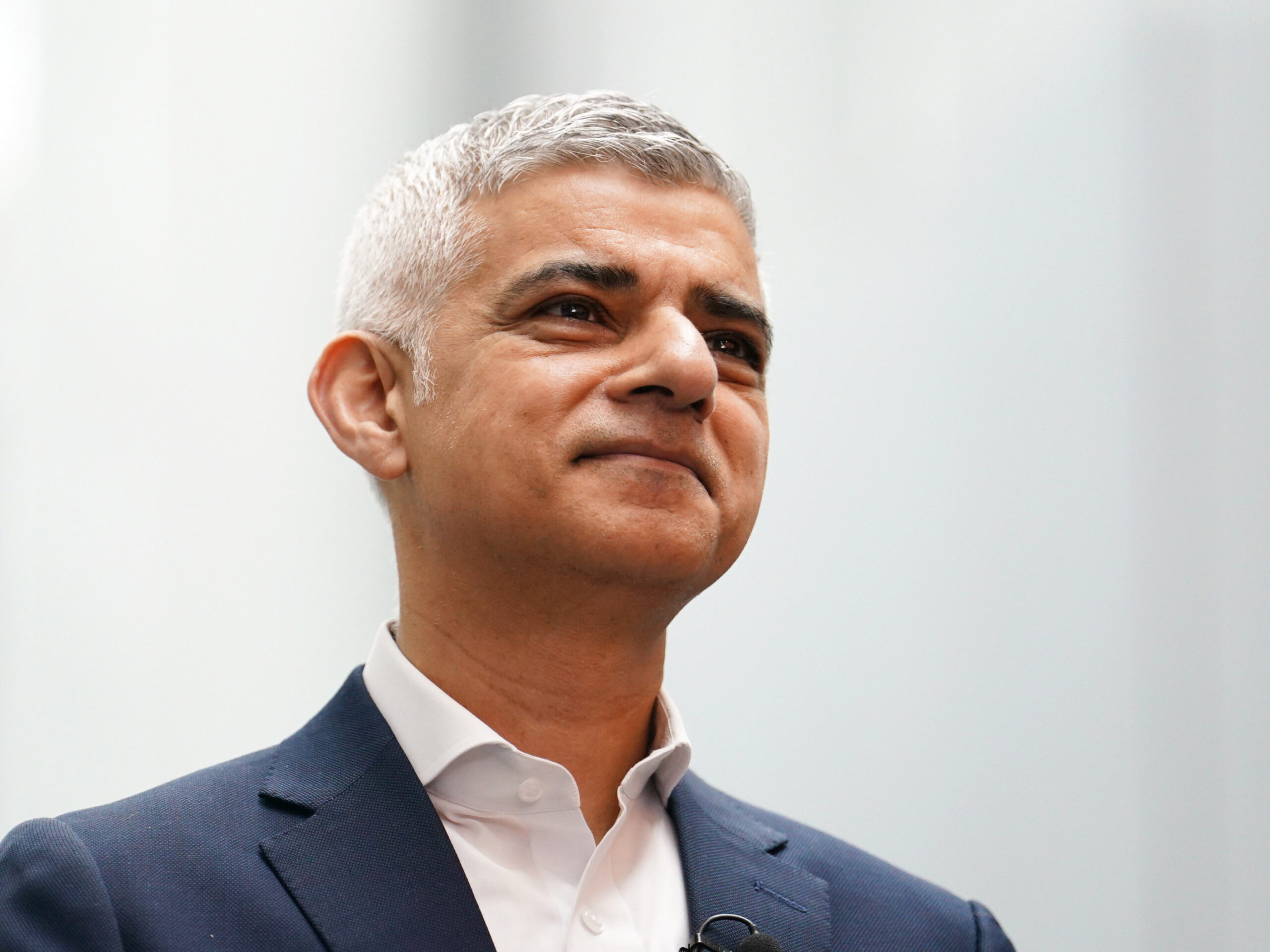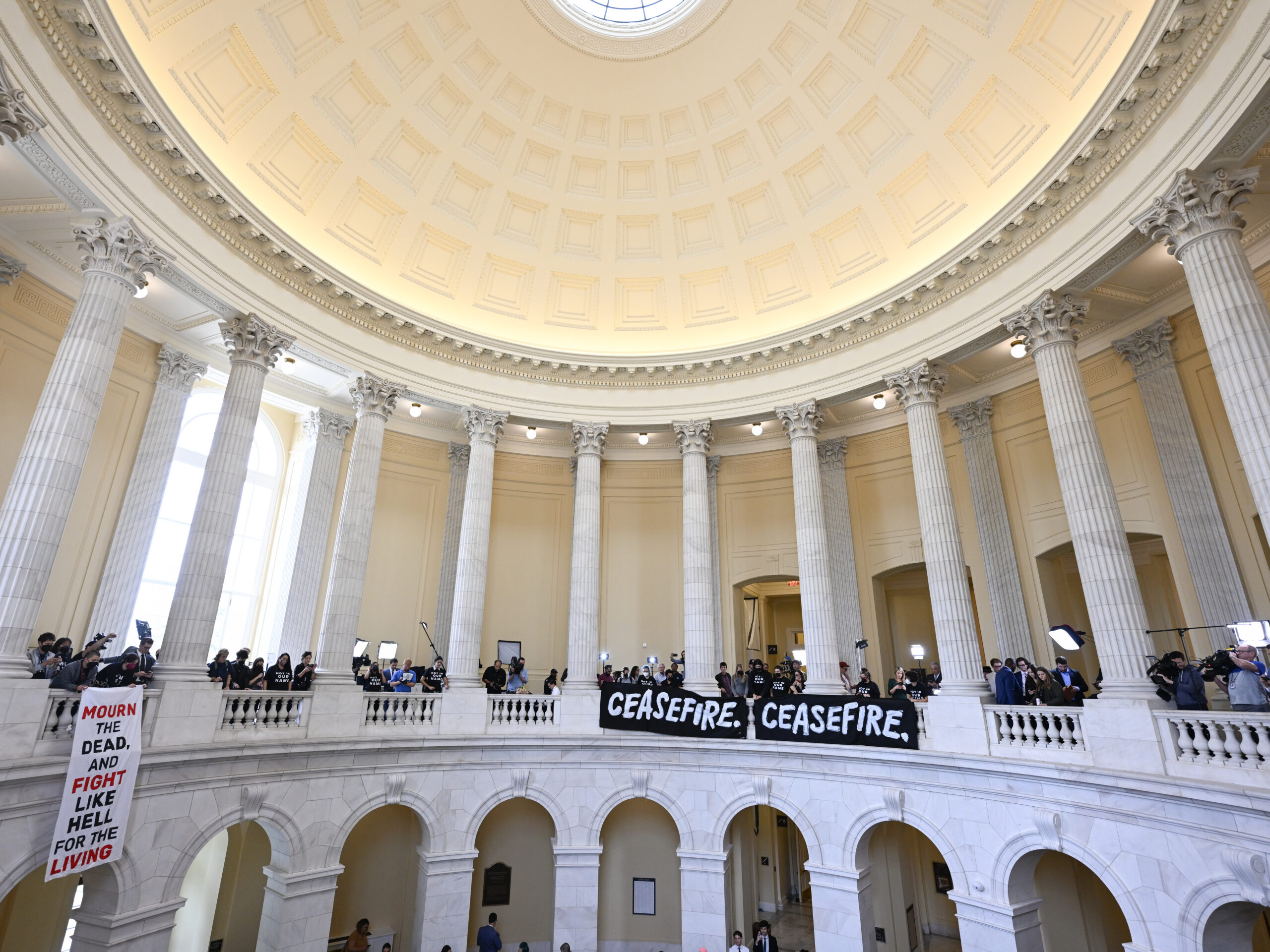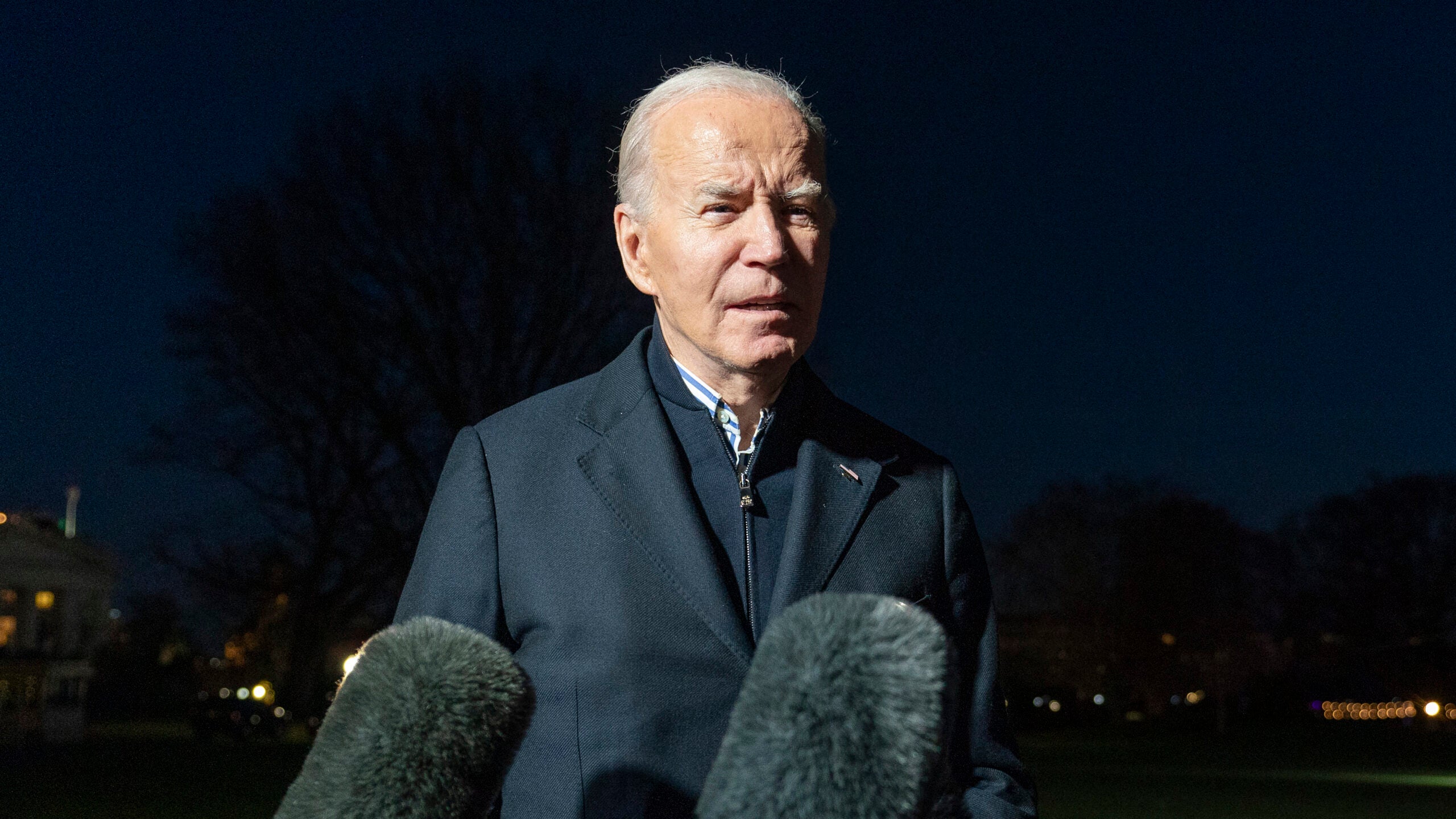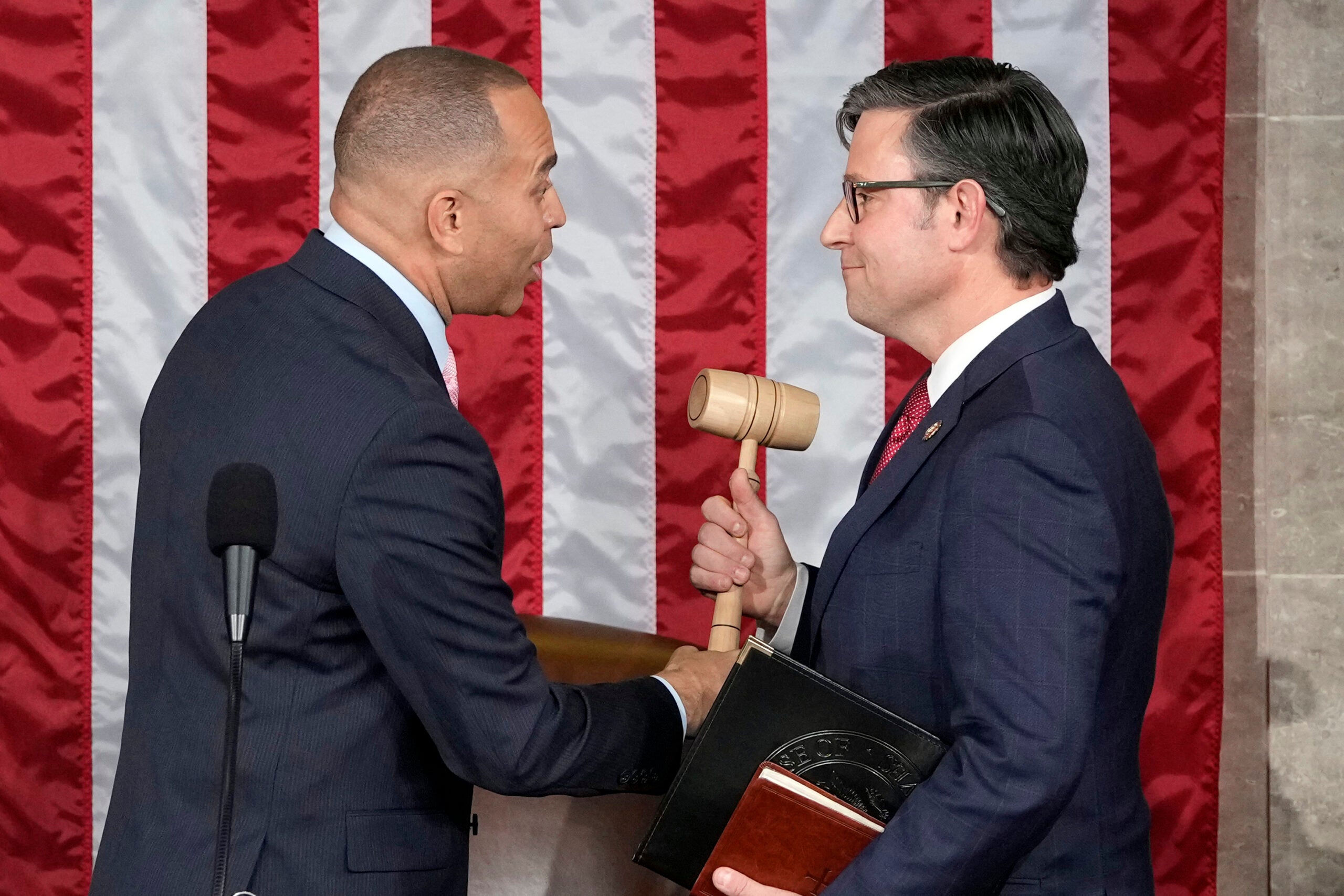From acts of violence inspired by ISIS, to white nationalist activity, domestic extremism is getting increased attention from intelligence and counter-terrorism agencies. An expert on extremist violence talks with us about efforts to counter dangerous ideologies before they become deadly. Also, with transportation funding being one of the major issues in the current state budget, we preview a week-long WPR series, “Wisconsin Roads: A Turning Point.” It examines the current transportation woes, how they developed, and if good solutions exist. Plus, a guest joins us to discuss the Democratic National Committee’s elections for new leadership.
Featured in this Show
-
Expert: More 'Holistic' Approach Needed To Address National Security
Major changes to the way the United States combats violent extremism could be coming. But is that a good thing?
Right now, a U.S. Department of Homeland Security program called Countering Violent Extremism tries to dissolve threats from a wide variety of groups and individuals by providing resources to communities to create prevention efforts.
But a report from Reuters suggests the Trump administration is planning on changing the program to “Countering Islamic Extremism” or “Countering Radical Islamic Extremism,” switching the focus to one of Trump’s campaign promises, fighting “radical Islamic terrorism,” and paying less attention to white supremacist groups.
It’s an approach one counter-terrorism expert says is misguided.
“We have the most multi-faceted threat matrix that we’ve had in recent American history,” said Brian Levin, professor of criminal justice and director of the Center for the Study of Hate & Extremism at the University of California, San Bernardino. “You can’t just concentrate on one part of the ice when the shot on goal might come from another.”
The problem, Levin said, is that the nation has a diverse mix of groups and individuals with the potential to do harm, from fringe political movements to so-called “lone wolf” terrorists. And during a time of great change, any action could have a ripple affect among groups.
“Each extremist movement has its own set of leaders, its own goals, its own method and tactics; but what we see during times of inflection, where we’re at now, we see the ground shifting under the feet of many,” he said. “A lot of the strategies and a lot of the conditions that affect radicalism in one instance very well can affect others.”
That interconnectedness is what worries Levin. He notes that with the rise of the internet and social networking, it’s easier than ever for an extremist to “borrow” from another movement, even if it doesn’t necessarily align with what that person believes in.
“You might have an extremist with ideology A who might look at websites from a completely different ideology because they might promote or train on tactics,” Levin said. “So what we’re seeing is a great cross-pollination with regard to strategies even if the ideologies are different.”
So, instead of focusing on a certain group, Levin suggests we need to be really investigating the root causes of extremism and identifying the underlying trends.
Looking at weapons purchases or social media history, he said, may indicate patterns among extremists, which could possibly be used to prevent future attacks. “That’s something we should look at across the ideological spectrum,” he said.
While Levin said it is appropriate to examine Islamic terrorism, he said it can’t be the sole approach.
“We really have to look at this holistically and not just cover one eye and say, we’re going to ignore these others.”
National Security Adviser H.R. McMaster said this weekend that phrase “radical Islamic terrorism” doesn’t help the U.S. work with other countries to defeat terrorist groups because not all terrorists adhere to their proclaimed religion, according to CNN.
-
Transportation In Wisconsin: How Did We Get Here?
WPR Capitol News Bureau Chief Shawn Johnson previews a week-long series, “Wisconsin Roads: A Turning Point.” We’ll look at Wisconsin’s transportation woes, how we got here, and whether there are good solutions to the issue.
-
Former Labor Secretary Thomas Perez Wins Contested Election For DNC Chair
On Saturday the Democratic National Committee met in Atlanta to elect new leadership. Former Labor Secretary Thomas Perez beat U.S. Representative Keith Ellison from Minnesota in the election for DNC Chair. The win was narrow though–the race was so close that it required a second round of balloting. This was the first contested race for DNC leadership since 1985. We talk to a political scientist about this election and the future of the Democratic Party.
Episode Credits
- Rob Ferrett Host
- Veronica Rueckert Host
- Rob Ferrett Producer
- Judith Siers-Poisson Producer
- Amanda Magnus Producer
- Brian Levin Guest
- Shawn Johnson Guest
- Jaime Regalado Guest
Wisconsin Public Radio, © Copyright 2024, Board of Regents of the University of Wisconsin System and Wisconsin Educational Communications Board.





